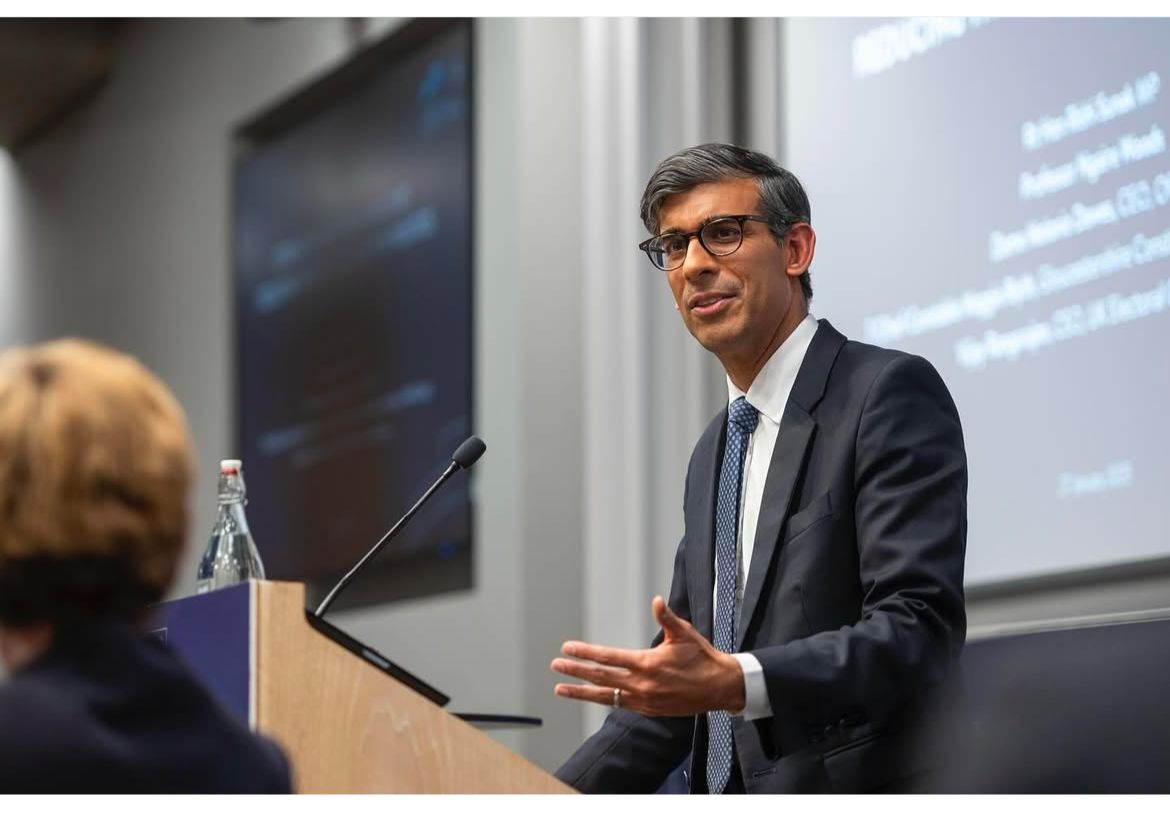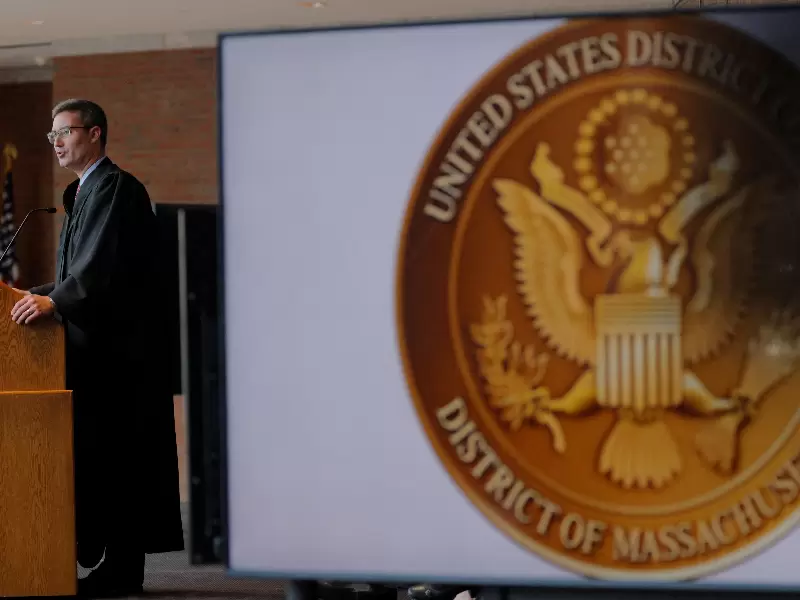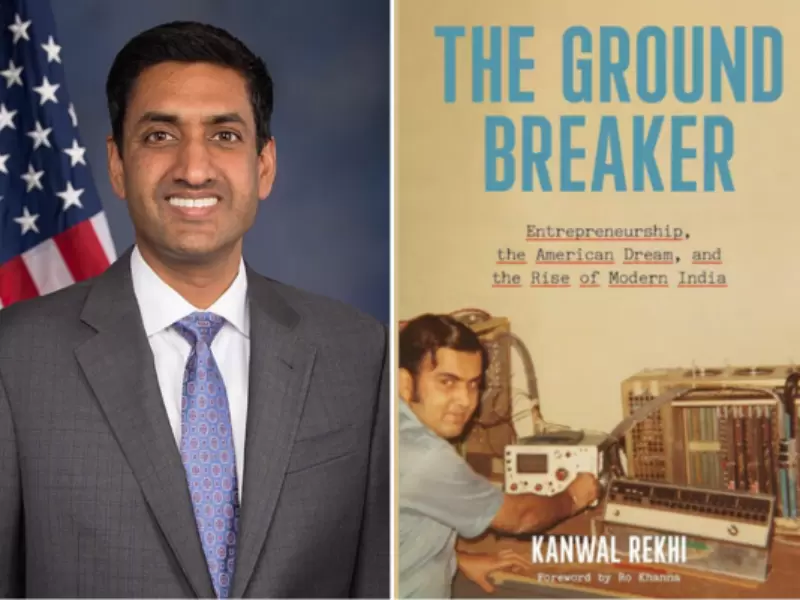Jayapal leads shadow hearing on Trump’s immigration actions
The hearing, titled “Kidnapped and Disappeared: Trump’s Assault Destroys U.S. Families and Communities,” is the third in Jayapal’s Kidnapped and Disappeared series
.jfif) Pramila Jayapal / X @PramilaJayapal
Pramila Jayapal / X @PramilaJayapal
Indian American congresswoman Pramila Jayapal hosted a Shadow Hearing focused on the impact of President Donald Trump’s deportation policies on U.S. families and communities in Washington on Sept. 18.
The hearing, titled “Kidnapped and Disappeared: Trump’s Assault Destroys U.S. Families and Communities,” is the third in Jayapal’s Kidnapped and Disappeared series, which highlights what she describes as the human costs of mass deportation.
Also Read: Jayapal backs resolution on hate and profiling after 9/11
“Donald Trump lied to the American people. He lied when he said he would bring grocery prices down. He lied when he said he would release the Epstein Files. And he sure as hell lied when it came to immigration enforcement,” Jayapal said.
“This indiscriminate immigration enforcement has led to an increased number of family separations. According to a report earlier this week, more than 400 children have been sent to Office of Refugee Settlement shelters from the interior of the United States,” she added.
Jayapal stated that some parents are being told that their children will be taken away unless they waive their right to a hearing, while others have seen their children returned to government shelters after living with vetted sponsors. “Families belong together, today we heard absolutely heartbreaking stories about how so many have been ripped apart — and we will continue to shine a light on these horrifying cases,” she said.
Witnesses at the hearing included Chelsea White, a U.S. citizen who relocated to Mexico after her husband was deported; Mimi Lettunich, who is caring for four U.S. citizen children whose parents and grandmother are in Immigration and Customs Enforcement custody; Robert Lynch, professor of economics emeritus at Washington College; Janessa Goldbeck, Marine Corps veteran and CEO of Vet Voice Foundation; and Nayna Gupta, policy director at the American Immigration Council.
“Families like mine deserve better. We deserve policies that recognize the human cost of deportation,” White said. Lettunich described a case where a mother and four children were “disappeared by our government” and warned that the situation called for urgent action.
Lynch pointed to economic studies showing deportations harm U.S. workers and industries. Goldbeck opposed using the military in immigration enforcement, saying it would weaken readiness for real emergencies. Gupta argued that mass deportations divert resources from public safety and erode trust in law enforcement.
Lawmakers present at the hearing included Jamie Raskin, Becca Balint, Judy Chu, Maxine Dexter, John Garamendi, Jesús “Chuy” García, Delia Ramirez, Deborah Ross, Rashida Tlaib, and Juan Vargas.
The hearing comes amid heightened scrutiny of Trump’s immigration enforcement. Earlier this week, a federal judge blocked efforts to deport Guatemalan unaccompanied minors, ruling that the administration had failed to substantiate its claims about parental consent.
Meanwhile, the U.S. immigrant population has begun to shrink for the first time in half a century, falling from 53.3 million in January 2025 to 51.9 million by midyear, a decline attributed in part to intensified enforcement.
Studies, including analysis by the Penn Wharton Budget Model, have warned that mass deportations could lower GDP, reduce tax revenue, and damage key sectors such as agriculture, construction, and hospitality.
Social researchers have further pointed to the destabilizing impact on mixed-status families, where the detention or deportation of one member can cut household income nearly in half and worsen outcomes for children’s education and mental health.
ADVERTISEMENT
ADVERTISEMENT
E Paper
Video




 Malvika Choudhary
Malvika Choudhary


.jpg)










Comments
Start the conversation
Become a member of New India Abroad to start commenting.
Sign Up Now
Already have an account? Login